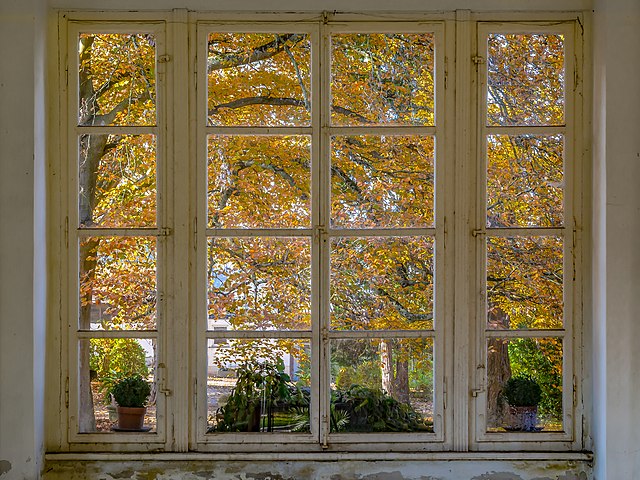
Today marks the Winter Solstice, the shortest day of the year. As the month of December has advanced, the sky has been darkening earlier and earlier with each passing day. But on this day, that cycle will come to an end. Tomorrow, the day will be just a little bit longer, just that little bit brighter. This is a hopeful change.
Each day when I come home from work, I look around at the lights decorating our house, and watch them twinkle in the dark. It’s a moment of beauty in an otherwise cold and barren landscape. I’m so thankful we got our Christmas lights up early this year. It’s been a welcome change from years past.
This feeling of Christmas tranquility has been all but impossible for us for about the past ten years. It’s funny how the weight of those years became almost invisible to us back then, we’d been carrying it for so long. But now that it’s gone, I can remember the weariness more clearly. Its sudden absence brings a feeling of relief, but also of sadness.
Those who live with family members suffering from dementia will probably understand.
Caring for someone with dementia is challenging. As much as you try to remain patient, as much as you prepare yourself for each day, you will inevitably lose your temper. And then, you will chastise yourself. You will feel guilty for becoming angry at someone who, though an adult, has the mental and emotional understanding of a toddler.
During the last few years of Julia’s life, we put up a Christmas tree only mechanically. In her final year, we didn’t bother putting one up at all. It just created too much trouble. Julia would ask: “What is that? Why is it lit up? It bothers me,” or some variation of those responses. Then, she would unplug the lights, and the tree would sit in darkness. This would happen about every hour, if not sooner. Since it was impossible to keep the lights on, Christmas was effectively cancelled.
It wasn’t just Christmas lights, though. Julia would also turn out room lights, even if you were still in the room! She would unplug the stove while you were trying to warm it up. She would stop the washing machine, mid cycle. Then, she would take clothes out of the dryer and spread them out about the house, not knowing whose they were, or what they were for.
She was also paranoid about the front door being left unlocked, so she would check it all the time, pulling hard on the knob, twisting and turning it one way and then another. We actually had to replace the doorknob twice because she broke it. I didn’t even know you could break a doorknob until Julia did it. It boggled the mind. How could such a small woman cause such damage? And yet she did.
She would regularly open and close the garage door, multiple times a day. I never quite understood why. I think maybe she was just checking inside, but the cycle would inevitably end with the garage door being left wide open, exposing our junk for all to see, and potentially steal. During those years, I often felt like I was leaving the house in my underwear every day. My entire life felt exposed for all to see. Nothing was private anymore.
As Julia’s dementia worsened, she got kicked out of the local supermarket. The manager called the police, who threatened to take her to the police station. I guess she had been bothering other customers, probably giving them dietary advice they weren’t interested in receiving. She also got banned from the bulk foods store – for life. I have no idea what she was doing in there, but we suspect she might have been eating indiscriminately from the bins. She was impossible to contain. During those years, life was never dull!
Now that Julia’s gone, and her husband too, the house feels unnaturally quiet. The night more silent than I can recall it being in years, if ever. The losses are really hitting me now. The warmth and comraderie of the Christmas season seems to draw it out.
This Christmas, I would like to extend care to all who are struggling with burdens of various sorts. To those struggling to care for elderly parents, as we did for years, I wish you patience and fortitude. For those struggling financially, I wish you abundance. For those who are alone, I wish you moments of warmth and connection. For those who are grieving, I wish you love.
The night may be dark tonight, but tomorrow brings the beginning of greater light, increased brightness. May the lights of Christmas bring you solace during the more difficult days that lay ahead, and hope for a better and brighter future just around the corner.

